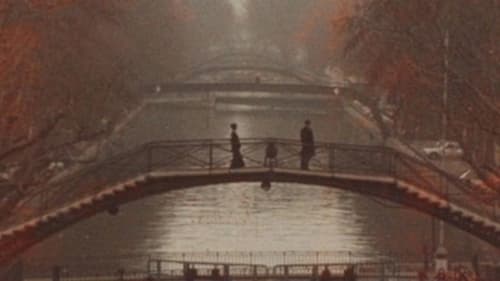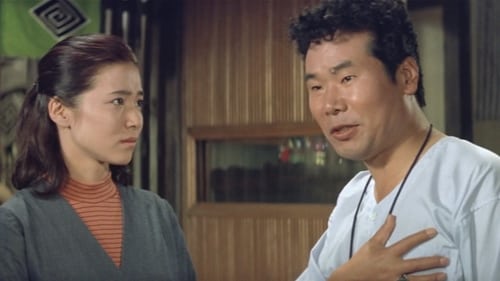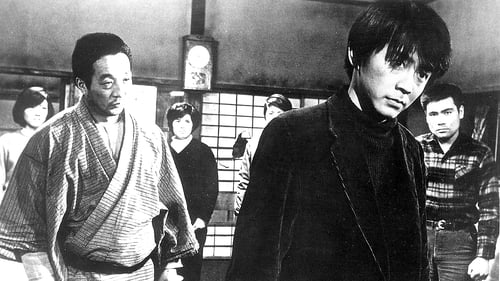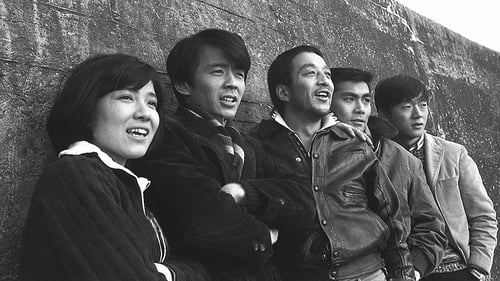
One day after school, Kaoru glances at Sonoko at the pool side. He falls in love with her at first sight and decides to join the swimming team even though he cannot swim.

A film by Akiyoshi Imazeki. Emi is a 16-year-old girl who lives in Enoshima. An adolescent movie depicting teenagers' outlook on life, values, and lifestyle.

Ritsuko, Yoshio's wife
An old woman has died and her widower with dementia confesses to killing her. After this, the story goes back in time to show the events leading up to her death.

When a broadcasting company takes away its financial support from a symphony orchestra, some of the members refuse to admit defeat. The first violinist returns to his home and manages to get the orchestra back together for a grandiose performance, saved at the last minute by their original conductor -- and boding well for the future of the die-hard musicians.

“Quit working as a nurse!” “All right, I will!” thus began the married life of Yasuo and Keiko. But the reality is harsh. Keiko even had to work on the first night after her marriage. Ten years later, the married couple is still at it. Yauso tends to the house and their children, while Keiko sacrifices family life for life as an overworked nurse. One day, after Keiko comes home utterly exhausted and dejected from her work, Yasuo makes up his mind and writes a letter of resignation in her place. Upon learning of this, Keiko angrily declares that nursing is what she lives for and she will keep on working. Realising that that is one battle he will never win, Yasuo sends a letter to a newspaper -- “Nurses’ husbands, aren’t you having a hard time? Get together nurses’ husbands. Contact me.” There is a tremendous response. This leads to the formation of many unions of nurses’ husbands throughout the country.

1977 Japanese film directed by Tengo Yamada.

Kishi's wife
An industrialist is diagnosed with terminal cancer. He is on a trip to Europe at the time, and a glimpse of a Japanese woman in that setting causes him to fantasize about her as the personification of his impending death. As his dialogue with his imagined mortality continues, he actually meets the living woman who is the template for his fantasy, and together they tour rural churches. Gradually he comes to some kind of peace about the diagnosis. When he returns to Japan, he is met with a series of challenges which profoundly test the lessons he has learned.

Based on a novel by Ayako Miura.

Natsuko
Kuruma Torajiro is discovered looking around Kyoto for someone special to him.

Orie
The second film tells about the life of matured brothers and sister Sato. Taro became a foreman. He saves every yen to fulfill his dream of building his own house with stone gates. Jiro continues to work in the transportation office, he dreams of getting married. Saburo faces a moral problem: in order to get a good position, he must answer the questions of the entrance test differently than his conscience tells him. At the exam, Saburo does not hide his views on life and is deprived of the promised position. Orie and Suekiti believe that he did wrong and betrayed his older brothers. But the anxiety in the Sato family is not limited to these events. Orie was being asked to marry a handsome, well-established young man, but she suddenly announced her decision to marry Tozaka, who was suffering from radiation sickness. Sato's peaceful home is falling apart...

Orie
"Young People" is a story about the lives of four brothers and a sister, Sato. After the death of his parents, the older brother, Taro, who works in construction, decides to replace them. The second brother, Jiro, is a truck driver. The third, Saburo, is a student, dreams of a better future for the whole family are connected with him, with his career. Brothers and sisters are fighting to give him a higher education. And, finally, the youngest of the brothers, Suekichi, is also going to enter the university after graduation. The life of the Sato family is complicated. Taro is kind, but limited, not always able to find a common language with his brothers and sister Orie. The girl cannot stand the despotism of her brother, leaves her home and goes to work at the factory. With her departure, everything in the house goes upside down. Suekichi fails her university entrance exams, Orie is forced to return to her family.

Shinkichi, a peasant employed as a cloth-dyer, has a dream: in the midst of the civil war which ravages Japan, he hopes to revive the long-banned custom of the Kyoto Gion Festival, and by doing so, bring together the warring clans and rampaging brigands in peaceful celebration.

Orie
The final part of the trilogy. It is about a younger brother, Suekichi. He learned well the lessons that life taught his older brothers. Therefore, he does not think to study, but strives for material well-being alone. To make a career, he ruthlessly pushes his colleagues with his elbows. For him, the high ideals of trade union activists Jiro and Saburo are an example of old-fashioned thinking, naive behavior.









